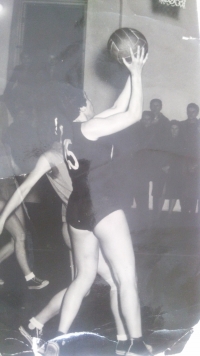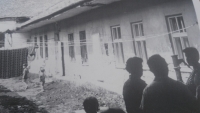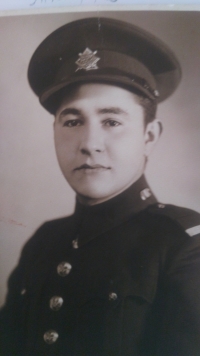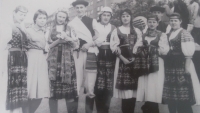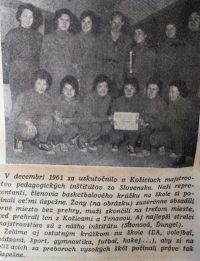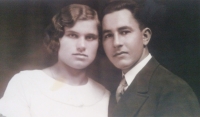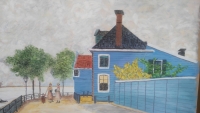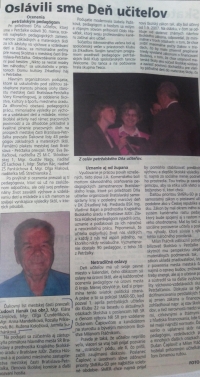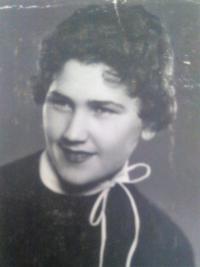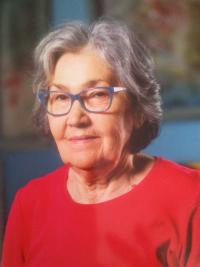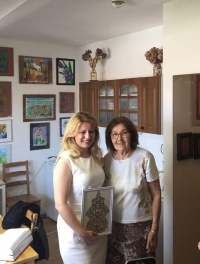November 89: my father cried of the fear the Slovak State would be back

Stáhnout obrázek
Anna Mandelíková (née Sidonová) was born in Sliač, on April 24, 1942 to a Christian mother and a Jewish father. Her birth was just one week after her father’s parents and his five siblings were deported to Auschwitz, where all of them perished. Anna’s father was the only one in the family, who didn´t go, due to his importance as a foreman, which enabled him a temporary exemption from deportation. After the outbreak of the Slovak National Uprising, he fought in the 1st Czechoslovak Army as an artillery lieutenant participating in the battles against the Nazi occupation in Handlová, Nová Baňa, Zvolen and Donovaly. After the Uprising was suppressed, he had to hide in different places, mostly in the mountains. Anna with her mother and sister experienced repeated raids of the Hlinka Guards. At the time of the Uprising, they lived with a family, which, later, had to accommodate Wehrmacht soldiers. One of the Germans suspected that Anna was Jewish, which gave her mother a reason to move to a remote area where the girls would be better dispersed amongst the local children. After the war all members of the family engaged in building a better country, however, they soon became the victims of the regime they had been supporting. Anna’s father was falsely convicted for fraud and sent to prison and forced labor in the uranium mines, the children were denied a study at the universities they had chosen. Anna eventually became a P.E. teacher and a successful basketball coach, however, without a party membership, her career could not move forward. The close relationship with her father induced her interest in searching for her identity. After the Velvet Revolution in November 1989, she spent some time in the US with her father’s sister Frederika, who escaped the Holocaust. From her she learned most about her family. Today she lives in a senior home for the Holocaust survivors. She enjoys the company of her grown-up grandchildren and also artistic painting.
